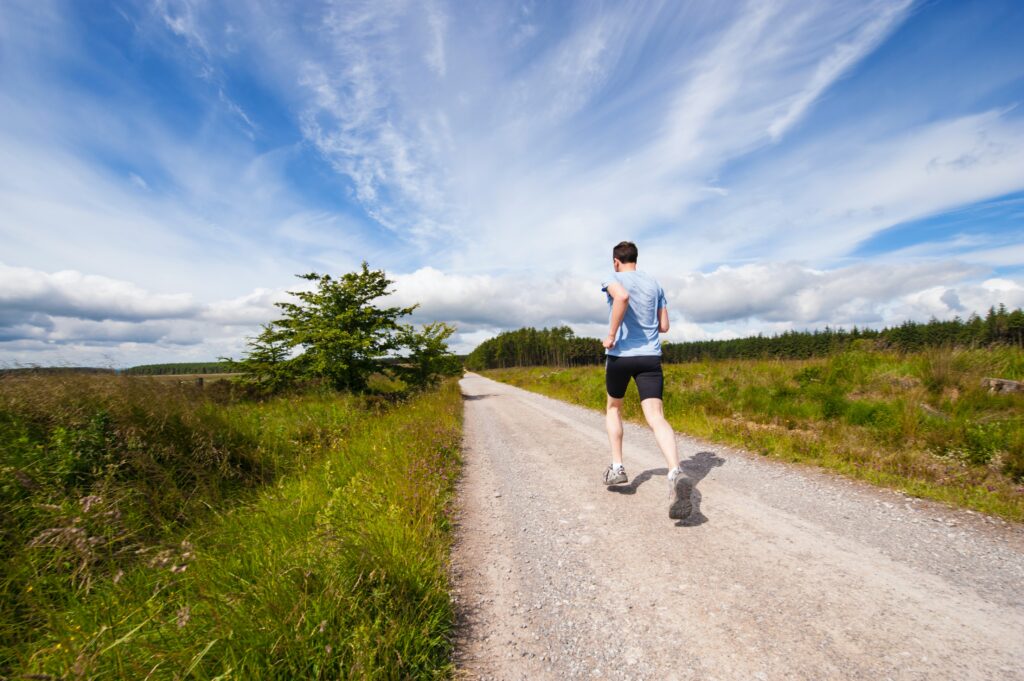A MAJOR new report from the Spirit of 2012 states that 15 million adults across the UK are classed as physically inactive.
In Scotland, nearly half of adults usually struggle to be physically active every day, according to an opinion poll conducted as part of the research.
The report found that adults undertake less than 30 minutes of moderate activity each week.
Older people, disabled people, some minority ethnic groups and those from lower socio-economic grades are more likely to be physically inactive.
However, around a third of people across the UK walked, cycled, or ran more than usual during lockdown.

While many have continued since restrictions ended, with up to 5.2million (22 per cent) of the least active people maintaining their lockdown walking habits, the report argues that action is needed urgently to build on the popularity of lockdown walking.
Ruth Hollis, Chief Executive of Spirit of 2012, said: “The eight principles we’re launching today in this report are the key ingredients for facing off the looming public heath emergency.
“Now is the perfect opportunity: levels of activity such as walking and cycling surged during lockdown, but this is already on the wane.
“We’re calling on national and local governments, public health organisations, employers, and civil society to adopt these principles, and design sustainable strategies for decreasing levels of inactivity in adults before these habits are lost.”
There are successful grassroots initiatives that have succeeded in getting the least active people to become more active, including projects funded by Spirit of 2012 and its partner organisations.
The report also has ten policy recommendations including targeted interventions at transition points in people’s lives, such as puberty, when many teenage girls drop out of sport; when young people leave school; when they face new caring obligations; late middle age and old age, or after experiencing a disabling illness or injury.
Kirsty Ewen, a director with Spirit of 2012, wrote in the report foreword: “As a teenager struggling with my mental health, I stopped taking part in physical activity as a participant.
“Around the same time, I was lucky to be introduced to a sports leadership programme through Active Schools, a scheme run by Sportscotland.
“The opportunity gave me something positive to focus on and I loved being able to lead and assist at sessions to help more young people become physically active.
“I haven’t looked back, and now dedicate both my career and my volunteering time to getting people active and promoting the benefits of it for their overall wellbeing.
“I urge both sporting and non-sporting organisations to adopt the principles in this report, and to provide your volunteers and employees with the training and support they need to put them into practice.”
The report Step Change: Working Together Towards an Active Society can be read here.

